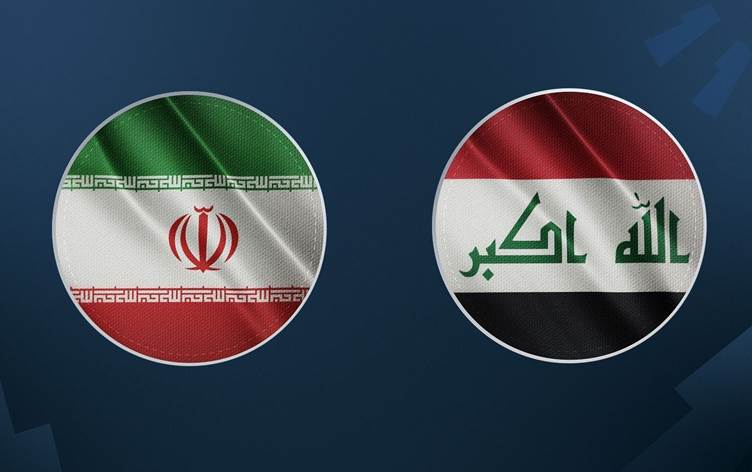ERBIL, Kurdistan Region - Iraq has released $2.7 billion of frozen Iranian assets, the chairman of the Iran-Iraq Joint Chamber of Commerce said on Saturday, two days after Iraq’s foreign minister discussed the issue with his American counterpart.
According to chairman Yahya Al-e Es’hagh, part of the funds released will be used to cover expenses for Iranian Hajj pilgrims and part will be used to buy basic staples, Tasnim news reported.
Al-e Es’hagh said the release of the funds will have a positive impact on Iran’s economy, helping to stabilize the currency and provide basic goods.
Iraqi Foreign Minister Fuad Hussein, in a meeting with US Secretary of State Antony Blinken in Riyadh on Thursday, raised the matter of difficulties paying funds owed to Iran for purchases of gas and electricity given strict US sanctions on financial transactions with Iran.
Hussein “stressed the need to find a solution to this problem, as it directly affects the electrical sector of Iraq. From this standpoint, he thanked the American side for allowing the issue of financial payments to Iranian pilgrims and for Iranian money in Iraqi banks to be resolved,” read a statement from the foreign ministry.
An American readout of their meeting does not mention releasing Iranian funds, but said, “The Secretary encouraged the Government of Iraq on its efforts to become energy independent and to increase innovation in its energy sector.”
Iraq’s electrical grid is dependent on gas imports from Iran to run its power generation plants.
Last week, the Iranian Students’ News Agency (ISNA) reported that $24 billion of frozen Iranian assets would be released from Iraq and South Korea in the near future after the sultan of Oman visited Tehran. Oman is a frequent mediator between Iran and Western nations, including brokering a recent prisoner swap.
Oman’s foreign minister was involved in discussions about the release of funds, Iraq’s foreign ministry tweeted on Saturday.









Comments
Rudaw moderates all comments submitted on our website. We welcome comments which are relevant to the article and encourage further discussion about the issues that matter to you. We also welcome constructive criticism about Rudaw.
To be approved for publication, however, your comments must meet our community guidelines.
We will not tolerate the following: profanity, threats, personal attacks, vulgarity, abuse (such as sexism, racism, homophobia or xenophobia), or commercial or personal promotion.
Comments that do not meet our guidelines will be rejected. Comments are not edited – they are either approved or rejected.
Post a comment